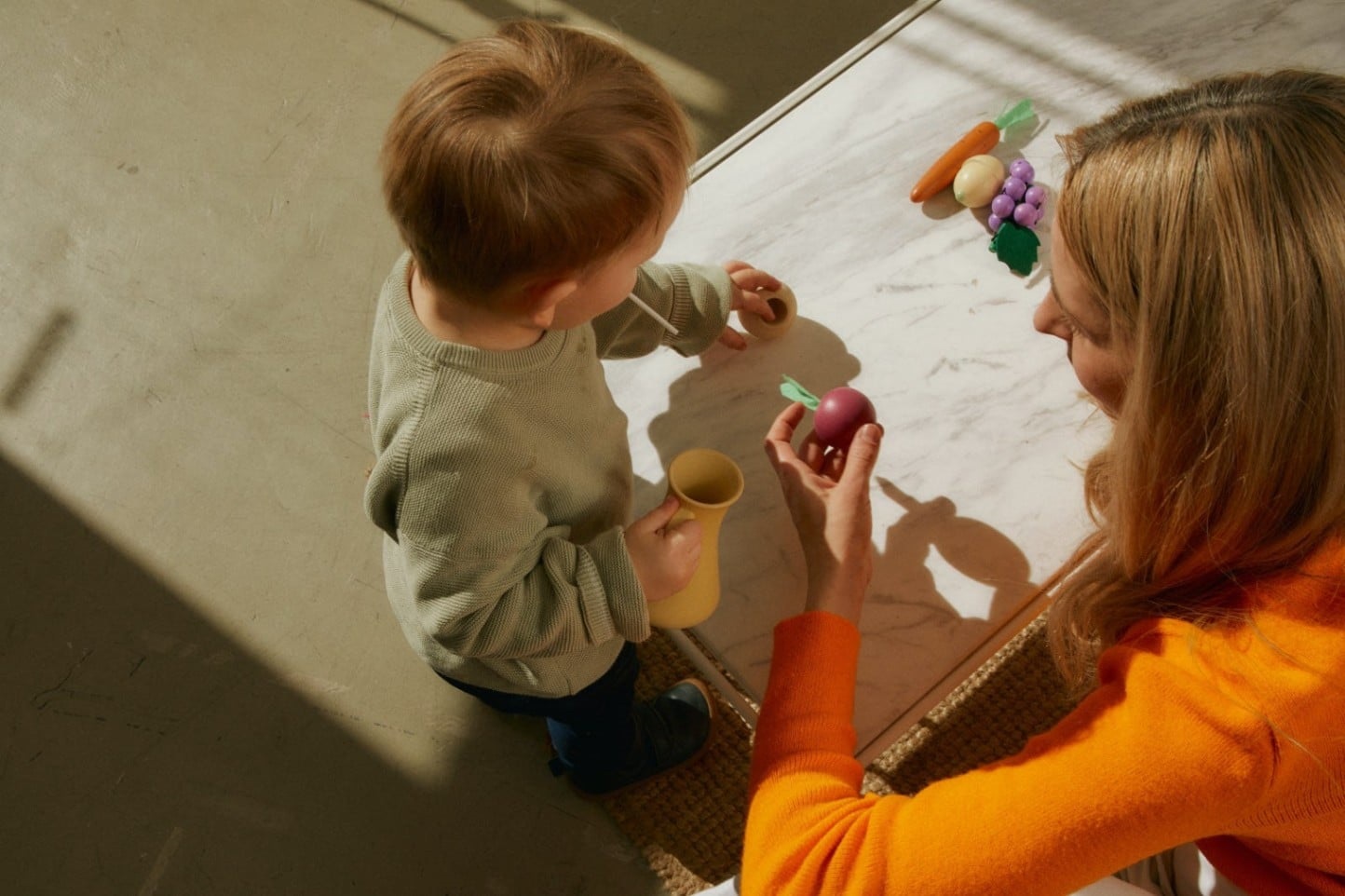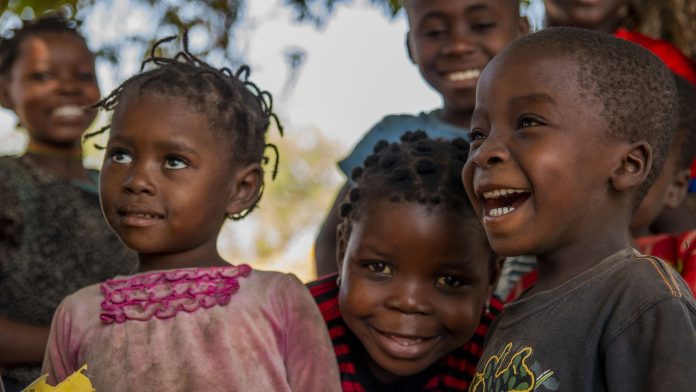- Since the mother of all elections viz. the Lok Sabha polls are just a few days away, the political class irrespective of party affiliations has already presented manifestos to the electorate with the usual assurances, reassurances, promises, development strategies, growth prospects, and general announcements about providing clean administration. Of course, the Indian citizens have heard, seen, and experienced how such bombastic claims usually remain on paper since hardly a few promised measures get fructified when the successful political party assumes power. The bane of corruption in Indian society needs no further emphasis since we have experienced the unpleasant fact on more than one occasion.

PC: HelpGuide.org
- The unholy nexus between the politicians and bureaucrats-contractors continues to singe Indian society no end. The country’s citizens cannot be blamed for turning cynical expecting very little from the administration in providing efficient administration on expected lines. Innumerable instances of concerned citizens, civil society activists, NGOs, and experts from various fields have approached the governments seeking the provisioning of some basic amenities. But most often the administration turns deaf ears to those pleas prompting citizens to approach courts or the executive heads directly with the hope to draw attention and subsequent action. No wonder, for some years now, children and teens too have petitioned courts on several issues.
- Thankfully, those pleas have been heard too. Let’s see how it has worked out. Note that in India, over 4m government school students in Karnataka could get a second school uniform, thanks to a Class 4 kid who sought court intervention, after repeated representations to his school failed. A bridge, a village’s lifeline, was repaired after Kerala students got a court order. Overseas, since 2005, teen climate activists in the US have been petitioning courts. In a landmark 2023 case, a Montana judge gave a third generation of teen activists their first court victory. Climate activism in India too is growing among teens – to protect their forests, beaches, water bodies, and commons. Children’s basic rights in India are far from realized: over 1.2m are not in school.

PC: Parents
- Also, we moan that 10m kids between 5 and 14 are forced to work, but beyond rescue missions in a trickle, they’re a blind spot. If only those kids could move court. But perhaps India’s greatest failing is in our relationship with children. We struggle to relate to them as thinking individuals. We roleplay as parents, teachers, and counselors, and take over all conversations. Do we even listen to them as individuals? The answer’s a resounding no. Note: we’re not talking toys, phones, and food delivery apps. Mind you, Indians’ attitude to children is largely dismissive. Be smart but don’t question it, is the mantra. Things have changed completely. Children winning court cases are heartening yet sobering. The administration should wake up now and act with intent on the same.






